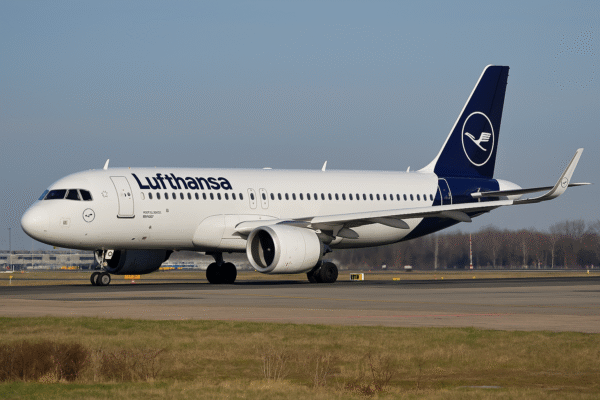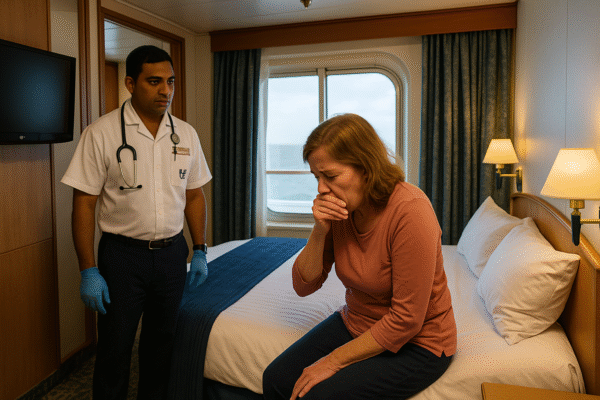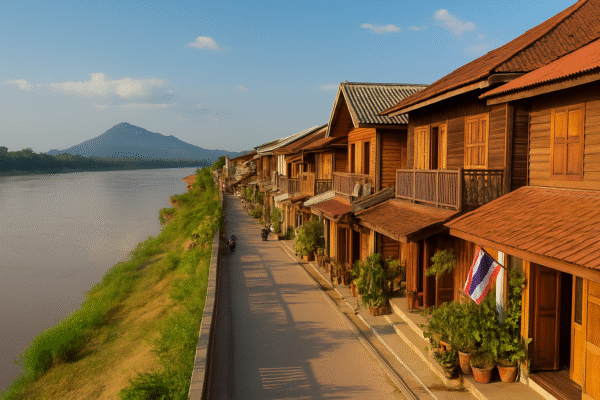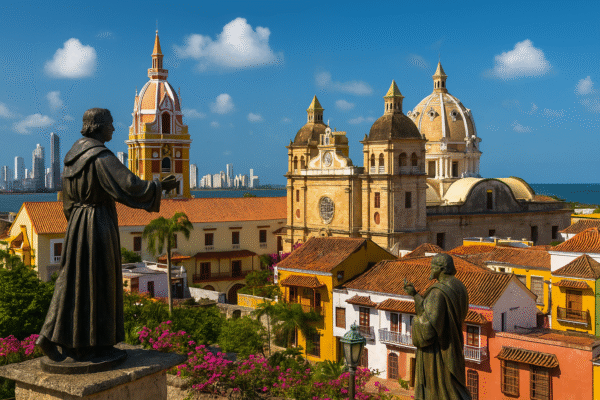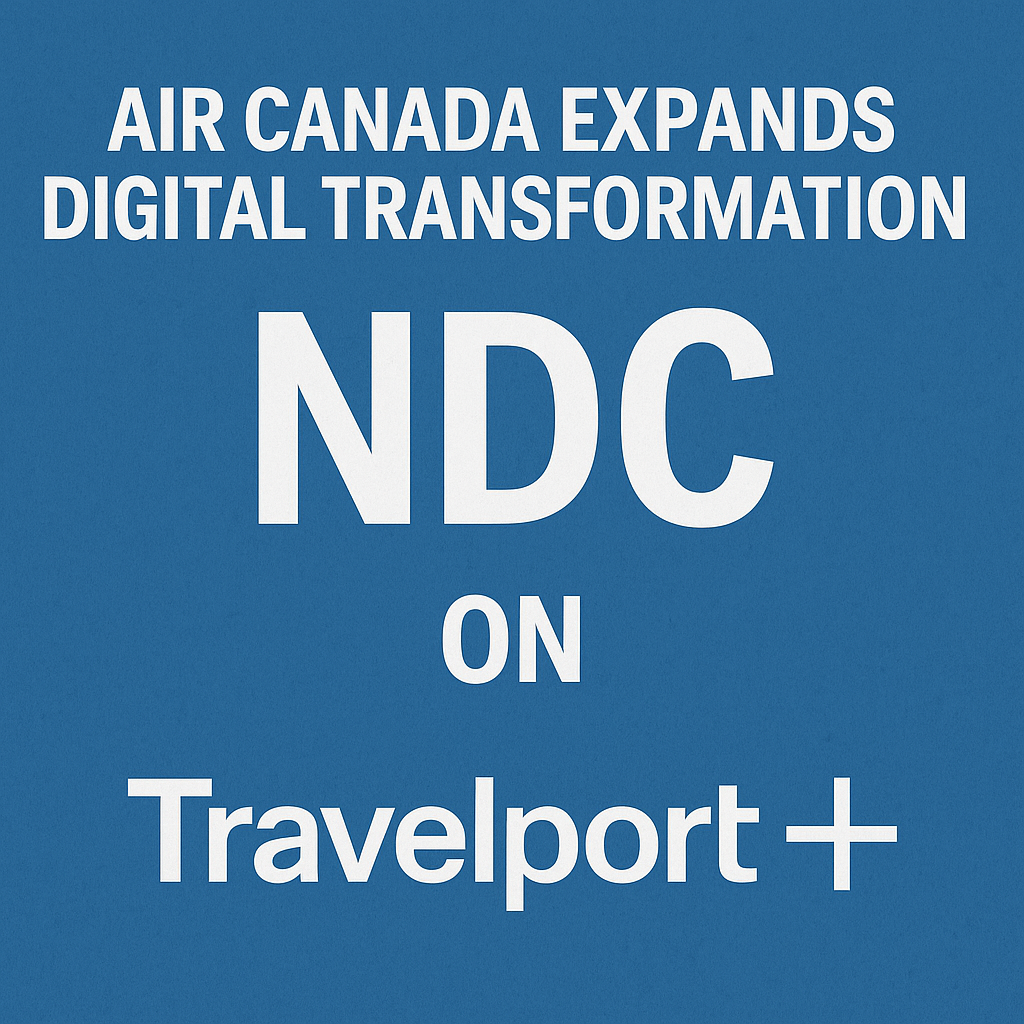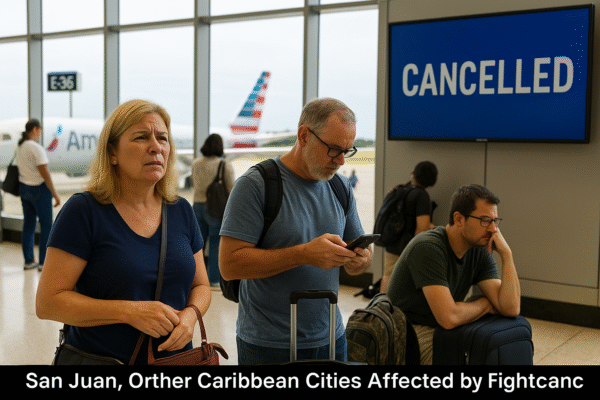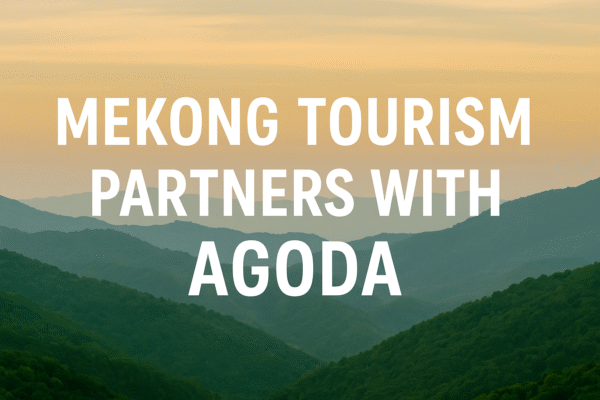The Greater Mekong Subregion (GMS), home to Cambodia, Laos, Myanmar, Thailand, Vietnam, and China’s Yunnan and Guangxi provinces, has long captivated travelers with its stunning landscapes and cultural treasures. Despite its popularity, many small-scale accommodations such as homestays, ecolodges, and guesthouses still struggle to establish a digital presence strong enough to attract international visitors.
Recognizing this gap, the Mekong Tourism Coordinating Office (MTCO) and global online travel platform Agoda have launched a transformative partnership. Their joint initiative focuses on providing digital skills training to micro, small, and medium-sized enterprises (MSMEs) in the tourism sector. This collaboration aims to boost competitiveness, ensure inclusivity, and promote sustainable growth across the region’s tourism landscape.
Harnessing the Power of Public-Private Partnerships
This initiative is the first of its kind involving MTCO, Agoda, and GMS national tourism organizations, underscoring the crucial role of public-private partnerships in tourism development. By pooling resources and expertise, the program bridges the gap between local entrepreneurs and international markets.
Through this alliance, small businesses gain direct access to online platforms and tools that enhance visibility and operational efficiency. For many rural and community-based operators, this marks a turning point—providing them the means to compete alongside larger enterprises in a digital-first global tourism industry.
Practical Training Designed for Small Operators
At the core of the program are digital workshops tailored to local needs and delivered in native languages. These sessions focus on equipping participants with practical skills that can be immediately applied.
Training modules cover essential areas such as creating compelling online listings, optimizing pricing strategies, improving customer engagement, and using data to refine business operations. The goal is to ensure even family-run homestays or small ecolodges can become discoverable on global booking platforms, particularly Agoda.
This practical approach ensures accessibility across varying levels of digital literacy. Whether a business is just starting online or seeking to refine existing strategies, the program provides flexible support that matches the operator’s needs.
Localized Content for Diverse Communities
The GMS is home to diverse cultures and languages, and the program reflects this reality. Training materials are customized for each country, ensuring participants understand not only the technical aspects but also how to apply them within their cultural and market contexts.
By delivering sessions in local languages, the initiative lowers barriers to participation and ensures inclusivity. From bustling cities to rural communities, the program gives businesses across the region equal opportunities to benefit.
Promoting Sustainable Tourism Practices
A defining feature of the partnership is its emphasis on sustainability. With growing global demand for eco-tourism and community-based travel, MSMEs in the Mekong region are uniquely positioned to thrive.
Through digital tools, small operators can highlight their eco-friendly practices, such as waste reduction, renewable energy use, or community development projects. This alignment with responsible travel trends makes them more attractive to international tourists who increasingly prioritize sustainability in their travel choices.
Additionally, digital adoption supports sustainability behind the scenes. Tools for inventory management, automated bookings, and efficient pricing help operators cut waste, save resources, and streamline operations. The result is a win-win: stronger businesses that maintain their commitment to environmental and cultural preservation.
Strengthening Competitiveness in Global Tourism
With international travelers seeking authentic experiences, small businesses in the Mekong region are ideally positioned to deliver. However, without digital visibility, many remain hidden gems.
By training operators in online marketing and customer interaction, the program enhances competitiveness. Businesses can respond to reviews, create attractive promotions, and build stronger reputations. This translates directly into more bookings and higher revenues, helping them compete with larger hotels and chains.
Ultimately, these skills provide not just a short-term boost but also long-term resilience, ensuring small businesses can adapt to evolving tourism trends and traveler expectations.
Supporting Long-Term Growth of Local Economies
The initiative aligns closely with the economic development strategies of Mekong countries, where tourism plays a vital role in job creation and poverty alleviation. By empowering MSMEs, the program helps spread tourism benefits to rural areas, supporting inclusive growth and strengthening community livelihoods.
For many operators, the training will mean more than just digital skills—it will represent a pathway to stable income, sustainable business models, and stronger integration into the international tourism market.
A Model for the Future of Digital Tourism
Running through November 2025, the program’s impact is expected to ripple across the region. As thousands of small businesses enhance their digital skills, the Mekong Subregion will build a more connected, resilient, and sustainable tourism ecosystem.
The success of this initiative could serve as a blueprint for other regions worldwide. By demonstrating how partnerships between governments and private sector leaders can drive digital transformation, the program highlights the potential of collaboration to empower small businesses and elevate entire tourism economies.
Conclusion: A New Era of Empowerment
The partnership between MTCO and Agoda signals the start of a new era of digital empowerment in Mekong tourism. By offering training tailored to local needs, promoting sustainability, and enhancing competitiveness, this initiative gives small businesses the tools they need to thrive in a global digital marketplace.
For travelers, it means greater access to authentic, community-based experiences. For local businesses, it represents opportunity, growth, and resilience. And for the region as a whole, it’s a step toward positioning the Mekong as a leader in sustainable, inclusive, and future-ready tourism.
For more travel news like this, keep reading Global Travel Wire



